Violet "Ice Rose": features of the variety
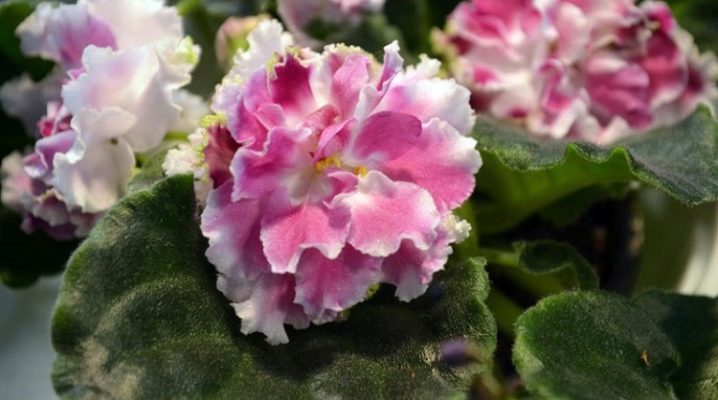
Saintpaulia RS-Ice Rose is the result of the work of the breeder Svetlana Repkina. Gardeners appreciate this variety for its large, elegant white and purple flowers. It is worth noting that another name for Saintpaulia is the Usambar violet. Therefore, both terms will be present in the text.
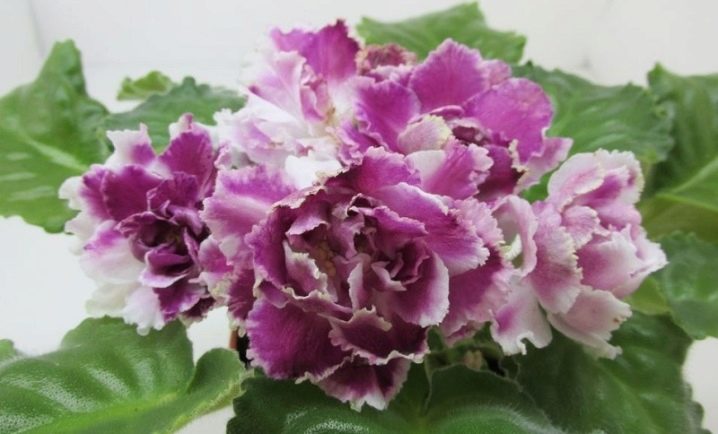
Description of the variety
Violet "Ice Rose" differs from other varieties in that with each new flowering there is a change in both the structure and color of the petals, located in several rows. Initially white with lilac blotches, the petals gradually turn into a purple or cherry hue. Sport is also possible, characterized by the presence of a light green edge.
Saintpaulia has rather large dark green leaves with wavy edges and a quilted surface. They are located from the center to the periphery of the violet, forming a powerful rosette.
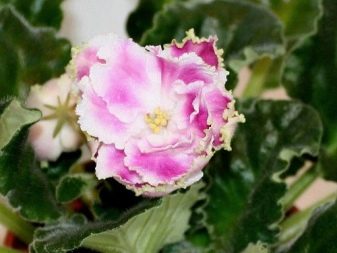
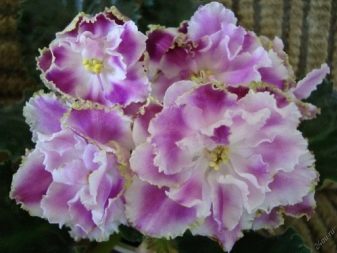
A flowering plant is characterized by the simultaneous presence of 6 or 7 flowers, but from 2 to 4 buds are formed on one peduncle. This is explained by the fact that the bud opens only after its “neighbor” has faded. The diameter of the rosette sometimes reaches 45 centimeters.
In many ways, the final color of the buds depends on the temperature. If the thermometer drops below 20 degrees Celsius, the petals turn white, and if it rises higher, then the appearance of a bright crimson color with a small snow-white border is likely.... Often the separated baby blooms in a completely different color. In this case, it is called a sport.
It is important to mention that LE-Ice Rose is a selection of the main variety by Svetlana Repkina. The same applies to the RS-Ice Rose deluxe - such a violet is called a sport of the main variety.

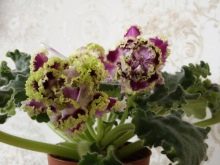
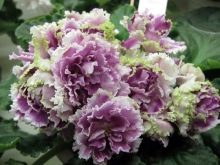
Growing conditions
The "ice rose" requires fertile, loose soil that is easy to breathe but retains moisture. An excellent solution would be to purchase a ready-made mixture in a store, enriched with all the necessary substances.
You can make the mixture yourself. In this case, it is worth taking black soil and peat from the upper layers, vermiculite, coconut fibers and charcoal. It is better to collect chernozem in a pine forest, and then be sure to ignite it in the oven for 60 minutes. The soil must be forest, since the land from garden beds is not suitable for Saintpaulia. The acidity of the mixture should be medium (from 5 to 5.5 Rn).
The size of the pot must match the size of the outlet... If it turns out to be too large, then the root system will grow abundantly, and the likelihood of the appearance of flowers will decrease. The optimal size of the container will allow both filling the soil with roots and stimulating active flowering. To determine the appropriate parameter, it is worth measuring the diameter of the rosette and dividing it by three.
In general, for adult flowers, it is recommended to select containers with dimensions of 9x9 centimeters, and for young flowers - 5x5 or 7x7 centimeters.
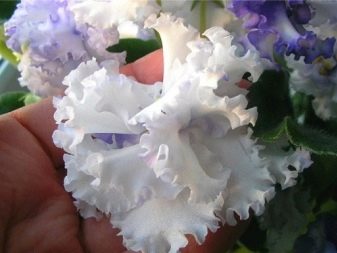
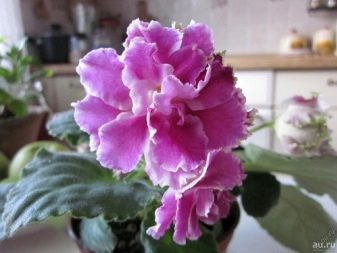
Lighting is extremely important for Saintpaulia. In the warm season, there is enough ordinary light from the street. In other months, the florist will have to use both conventional fluorescent lamps and special phytolamps. The window on the windowsill of which the Ice Rose will be located should look either to the northeast or to the northwest. If you leave the violet on the south side, then direct sunlight can burn the leaves of the plant, while the flowers will dry out.
The humidity level must be greater than 50%, since the violet does not tolerate dry air well.In winter, the Ice Rose, placed next to a working battery, requires additional care. For example, you can place a glass of chilled water next to it or purchase a special electronic humidifier for the room. Despite the "telling" name, the variety does not tolerate cold, as well as heat. He prefers a room temperature of about 20 degrees Celsius (permissible limits are from 18 to 24 degrees Celsius).
Too high a temperature leads to a cessation of development, and too low threatens diseases of the root system.
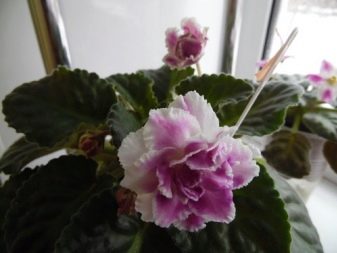

Care features
Irrigation of "Ice Rose" is carried out using settled clean water. The temperature of the liquid should be in the range from 20 to 25 degrees Celsius. Water that is too warm or too cold will disrupt plant development and lead to disease.... During the process, it is important to ensure that drops do not fall on leaves or flowers, otherwise this will lead to the appearance of white spots.
In general, violets do not react well to traditional watering, in which liquid is poured from above. It is better to use either the wick method, or arrange the saturation of the plant with moisture through a tray of water. In the second case, the liquid remains in the container for no more than a quarter of an hour to prevent rotting roots.
Irrigation is done as needed when the top third of the soil becomes dry. Watering frequency can vary depending on many factors. This is the season, the temperature of the air, and the age of the violet.
Therefore, the most correct solution would be to regularly check the condition of the soil.
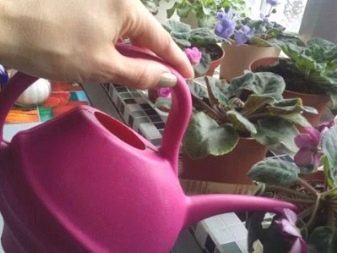
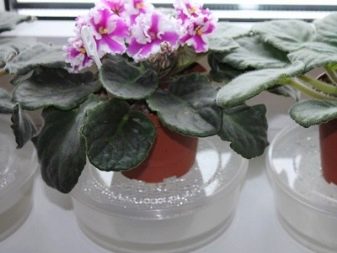
In the first six months after planting the violet, fertilization is optional. Then top dressing is carried out using complex formulations. While the green mass is growing, nitrogen-containing preparations should be chosen. During the flowering culture, it is better to switch to potash compounds. Top dressing is carried out every two weeks. With delayed flowering, fertilizers containing phosphorus and potassium will help, and manganese, copper and potassium will improve the color.
However, there are a number of exceptions where fertilizers can even harm the violet. We are talking about the first month following the transplantation of the plant, the period of room temperature changes, as well as the abundant exposure to ultraviolet radiation on the leaves. Fertilizers are added to the pre-moistened soil, so it is convenient to combine top dressing with irrigation of violets.
It is important not to allow an overdose, which in any case will lead to negative consequences.
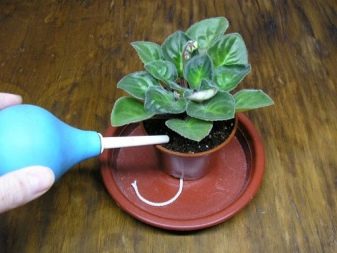
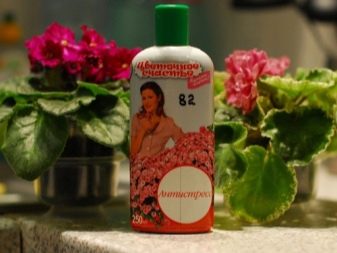
Transplant and shaping
A violet that has reached one year of age can be transplanted every two years. The procedure is carried out by the transshipment method, which allows you to keep the root system intact. Shaping should be done from time to time. Thanks to this, there is not only a beautiful growth of the rosette, but also an elongation of the central trunk, leading to a visual distance between the flowers and the leaves.
Rejuvenating Saintpaulia is a simple process. The top of the rosette is cut and either rooted in the soil or placed in water to form roots. Once the root system is formed, you can transplant the flower into fresh soil. A simplified version of the rejuvenation procedure includes the removal of faded buds, dried leaves and stepchildren.
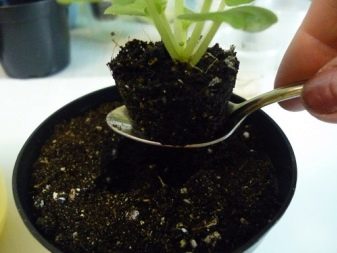
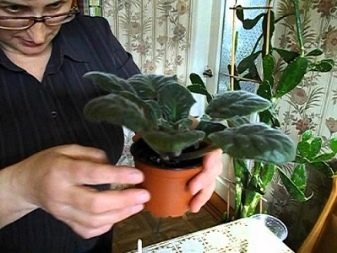
Reproduction
Most often, the reproduction of Saintpaulia is carried out using cuttings. The procedure can be carried out in two ways: by germination in soil or in water. In the first case, the sprouts are simply placed in the ground. In the second case, they are kept in a container with a small amount of warm boiled liquid. The cuttings themselves are usually obtained from strong healthy leaves from the central row, which are cut off at the base with a well-sharpened, pre-processed tool. You can plant the cutting in the substrate when the length of the root system reaches a centimeter.
When the cutting is immediately placed in the ground, it should be buried one third of the available length. In both cases, greenhouse conditions are created for the sprouts: the containers are covered with either a glass jar or polyethylene. Do not forget to air the plants in the evenings to remove excess condensation.
Seedlings are watered, but in moderation.
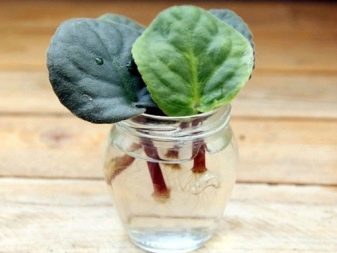
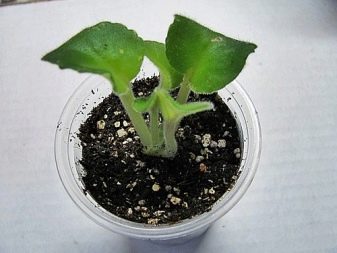
Pests and diseases
PC-Ice Rose in most cases is attacked by ticks, thrips and aphids. Ticks are usually easy to spot just by looking closely at the leaves. Having eliminated insects mechanically, it is necessary to cut off the damaged dried leaves and additionally treat the flower with insecticides. Thrips are most often transferred to a violet with poplar down. Sometimes they fly over from other plants.
The diseased flower is being processed Fitoverm... To get rid of aphids, you will have to use a powder "Mospilanom".
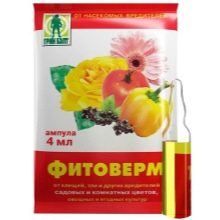
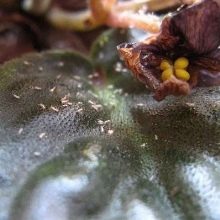
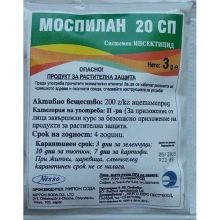
An overview of the Ice Rose violets is presented in the video below.





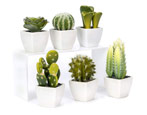
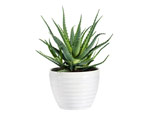
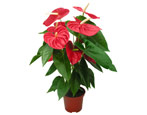
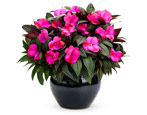
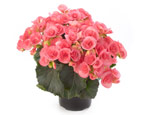
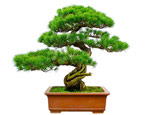
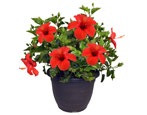
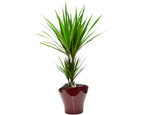
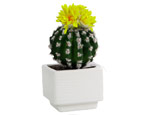
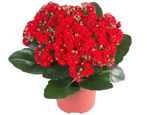
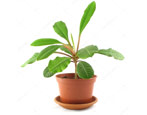

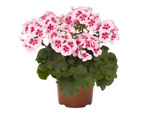
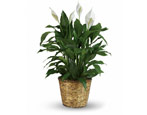
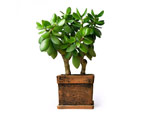
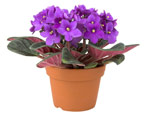
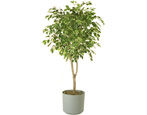









The comment was sent successfully.